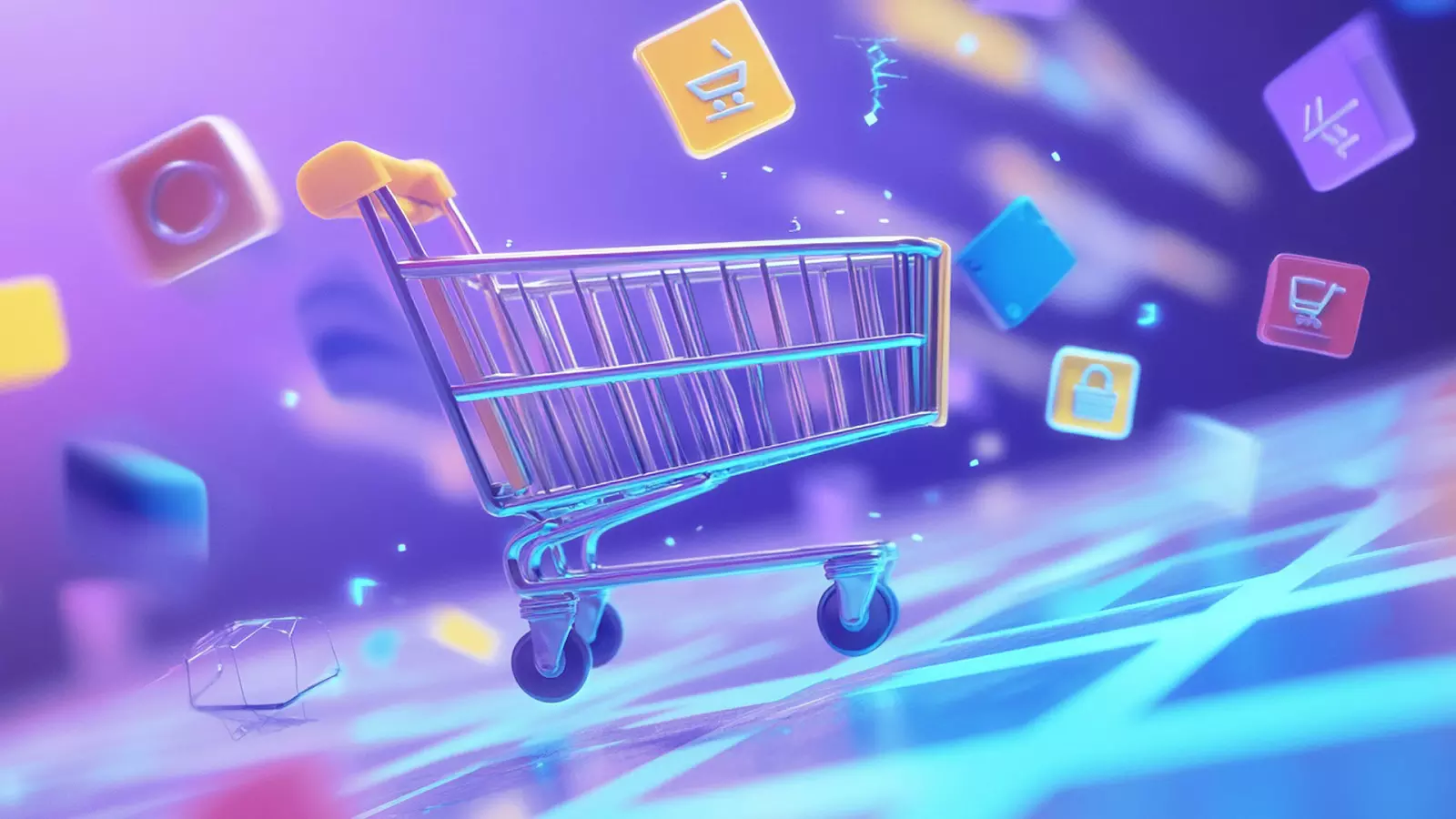E-commerce has remained focused on user experience for many years, prioritizing features such as building a website that is fast and smooth, with easy checkouts, and improved filters to enhance the shopping experience for customers. However, with the shift towards AI, this sector is evolving too, and the next wave is driven not by clicks but by conversations.
The business world is poised for a surge in conversational commerce, also known as ChatGPT commerce. This is a major shift in how people discover brands, decide what to purchase, and buy. While many businesses are still brushing up on their personalization algorithms and voice assistance, some businesses have found this new goldmine and are tapping into AI-powered conversations to drive real growth and quietly getting ahead of the curve.
But what exactly is ChatGPT Commerce? Let’s dive in…
What is ChatGPT Commerce?
In this type of e-commerce, generative AI is used, ChatGPT in particular, to power the entire customer journey through natural conversations. It removes the hassle from online decision-making and turns complex product discovery into an easy, natural conversation.
For example, if you want to purchase a laptop, all you need is to ask a question: “What’s the best laptop under ₹XYZ for ABC purpose?”
And you will end up with the best and thoughtful recommendations, instead of a wall of search results. Not only this, these recommendations may also have links, product comparisons, and even financial advice to make the right decision.
No more tabs, filters, or overwhelm. Just a conversation that gets them to “yes” faster.
Why is it a Goldmine for Early Movers?
- Helping in Reducing Drop-Offs
Conversational interfaces like ChatGPT can dramatically reduce decision time. Instead of scrolling through endless listings, users engage in a quick dialogue and receive curated options, leading to higher conversion rates.
- A Stand-out in Saturated Market
In a landscape where there are endless brands and ad fatigue, a helpful, conversation-based experience that feels personal and responsive can become a powerful competitive advantage.
- Elevating Customer Support from Reactive to Proactive
Round-the-clock automated support that can handle FAQs, track orders, and process returns without human involvement. Using AI can help reduce costs and speed up response times.
- They’re Learning More, Faster
Conversational data offers rich, real-time insight into what customers want, unfiltered, nuanced, and usable for product, marketing, and sales.
Ignore the Shift, Face the Fallout
The window for early advantage is shrinking. GPT integrations are becoming more accessible, and soon, the businesses that are lagging or ignoring the shift will face a fallout.
The Fallout Includes:
- Higher acquisition costs (while others automate and convert better)
- Losing loyalty to brands offering smarter, faster help
- Missing insights that conversational data reveals early
In a world where speed + intelligence = relevance, being late could be costly.
Use Cases Already Gaining Traction
- E-commerce: Conversational product finders, virtual stylists, and smart gift guides
- Travel: Chat-based itinerary planners and instant booking support
- Education: Virtual tutors and guided course selection experiences
- Fintech: Automated budgeting tools, digital loan advisors, and simple policy explainers
- Healthcare: Symptom checkers and personalized product recommendations
These aren’t experimental ideas; they’re already being used by forward-thinking startups in India and around the world.
To Do’s for Businesses
- Start at a Small Scale: Add ChatGPT to customer support or product recommendations, then move to other sections after watching the results
- Train the Model: Feed it your product catalog, tone, and brand voice
- Think Conversational UX: Reimagine your funnel as a dialogue, not a pipeline
- Test & Learn: Use A/B testing to measure the uplift in conversions or engagement
The rise of conversational commerce isn’t just another innovation trend; it’s simply a business opportunity that is not known to many, but is bringing fruitful results who are already in the game. Much like the early days of mobile apps or social media-driven shopping, the brands that grab the opportunity in the early stage will shape the playbook for tomorrow.
Because when your customer says, “Help me find what I need,” the brand that answers best, conversationally, quickly, and smartly will win.
And in this new game, early movers don’t just compete, they define the market.
Read More: India’s Top Startup Deals in July 2025: Who Raised Big?

























